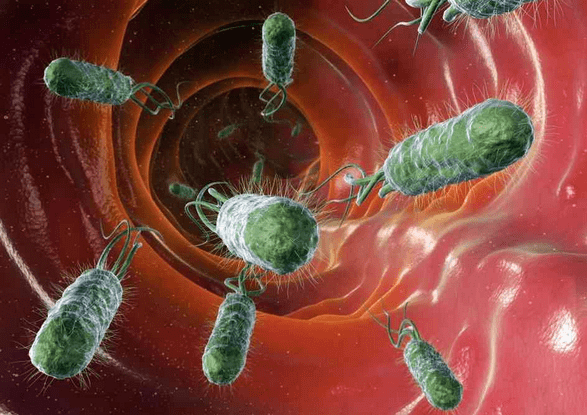Traditional Chinese Medicine (TCM) is a holistic medical system which combines the use of acupuncture, Chinese herbs, nutrition, massage, and movement exercises (known as Tai Chi or Qi Gong) to bring the body into balance. Whereas Western medicine looks closely at a symptom and tries to find an underlying cause, TCM looks at the body as a whole. Each symptom is looked at in relationship to all other presenting symptoms. The goal of the TCM practitioner is to assess the entire constitution of the patient - considering both physiological and psychological aspects.

Irritable bowel syndrome
The practitioner first observes the general characteristics of the patient, and then tries to discern a relationship between symptoms in order to establish what is called a "pattern of disharmony." Treatment is aimed at restoring harmony and bringing the body into balance. The fundamental TCM theory used to determine the pattern of disharmony is the theory of "Yin and Yang." Yin and Yang are terms used to describe two polar opposites. Each body part, each organ, and even each symptom in the body can be described in terms of Yin and Yang. Levels of Yin and Yang are constantly changing in the body and there are four possible states of imbalance:
Excess of Yin
Excess of Yang
Deficiency of Yin
Deficiency of Yang
It is rare for one of these states of imbalance to exist by itself. Excesses and deficiencies of Yin and Yang almost always appear in combination. For example, in IBS, the symptom of loose stools shows an excess of yin, but if the patient feels a burning sensation along with the loose stools, this indicates an additional excess of yang.
In treating the overall pattern of disharmony, the TCM practitioner uses acupuncture and Chinese herbs to address all imbalances of yin and yang. To look at the body as an integrated whole, one also looks at the theory of the ‘Internal Organs.’ The TCM definition of an Internal Organ is very different from the Western concept. In Western medicine, an organ is a material-anatomical structure. In Chinese medicine, each Internal Organ encompasses much more. There can be an anatomical structure, but there is also a corresponding emotion, tissue, sensory organ, color, and element.
In addition, twelve of the Internal Organs correspond to the twelve main acupuncture meridians (or channels) that run through the body. There is qi (or energy) flowing through each meridian. If an Internal Organ is out of balance, the qi of that organ will be damaged. Therefore, the Chinese Large Intestine (which is capitalized to distinguish it as the Chinese organ) should not be equated with the Western organ. Irritable Bowel Syndrome (IBS) affects the large and small intestines in Western medicine, but in Chinese medicine, the Spleen, Liver, Kidney, and Large Intestine can all play a role in the pattern of disharmony.

![Diseases, Symptoms, tcm, [tcmwindow.com]](/uploadFile/adImg/2015/11/11/f5cbfcc0-4df5-4646-9b9a-f316651a0199.jpg)





